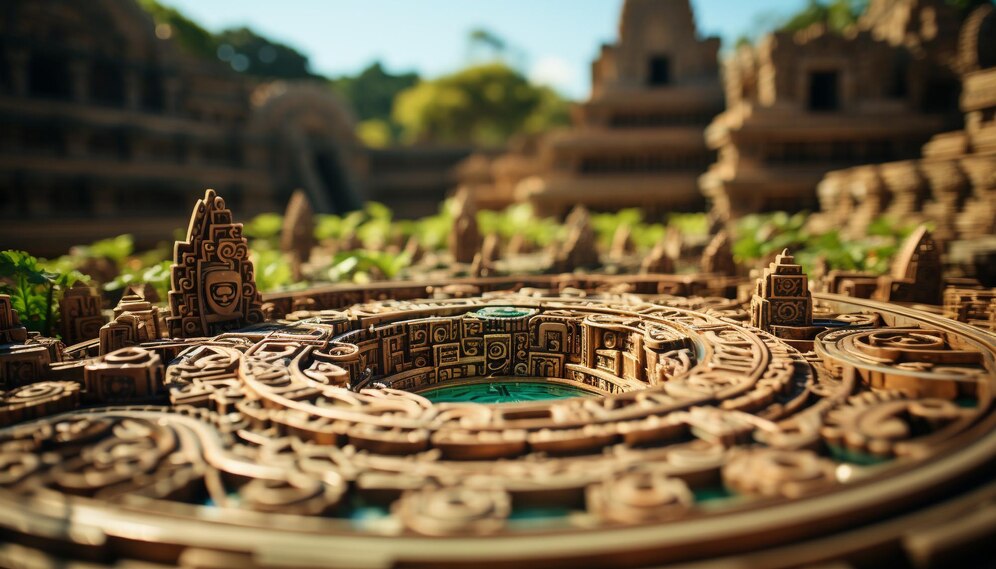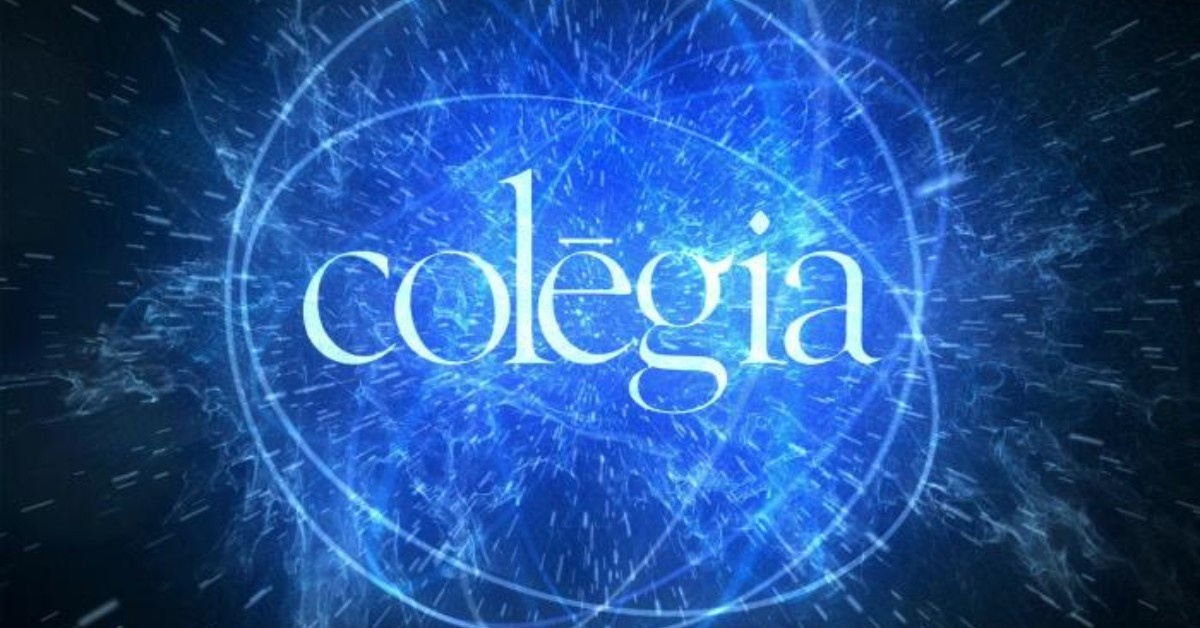Intrigued by the enigmatic term ‘Ómós’? This linguistic journey delves into the depths of its meaning, tracing its origins, evolution, and contemporary significance. Join us as we uncover the multifaceted layers of ‘Ómós’ and its profound impact on culture, identity, and human connection.
Origins of ‘Ómós’
Etymology: The term ‘Ómós’ originates from ancient Celtic languages, where it connoted a deep sense of reverence and respect. Rooted in Celtic mythology, ‘Ómós’ embodied a sacred bond between individuals and the divine.
Cultural Significance: In Celtic societies, ‘Ómós’ was intricately woven into daily life, permeating rituals, ceremonies, and interpersonal relationships. It symbolized a harmonious balance between humanity and the natural world, emphasizing interconnectedness and reciprocity.
Usage in Ancient Texts
References in Literature: Ancient texts, such as the Irish epic ‘Táin Bó Cúailnge’ and Welsh poetic verses, abound with references to ‘Ómós,’ portraying it as a fundamental principle guiding human conduct and spirituality.
Religious Connotations: Within Druidic traditions, ‘Ómós’ held sacred connotations, serving as a cornerstone of religious practices and beliefs. It embodied the veneration of ancestors, land, and deities, fostering a deep sense of reverence for the divine forces at play.
Evolution of Meaning
Changes Over Time: As Celtic societies evolved, so too did the meaning of ‘Ómós.’ While its core essence remained intact, its interpretation diversified, reflecting shifting cultural norms and values.

Societal Influences: External influences, such as Romanization and Christianization, reshaped the significance of ‘Ómós,’ leading to syncretic interpretations that melded indigenous beliefs with foreign ideologies.
Ómós in Modern Context
Contemporary Interpretations: In the modern era, ‘Ómós’ continues to resonate, albeit in nuanced ways. It is often invoked to evoke a sense of nostalgia for ancestral heritage or to celebrate cultural diversity and inclusivity.
Relevance in Today’s World: Amidst the complexities of the 21st century, ‘Ómós’ serves as a beacon of hope, reminding us of our shared humanity and the importance of fostering mutual respect and understanding.
Comparative Analysis
Similarities with Other Cultural Concepts: ‘Ómós’ shares parallels with similar concepts found in other cultures, such as the Japanese notion of ‘Mono no aware’ and the African concept of ‘Ubuntu,’ highlighting universal themes of interconnectedness and empathy.
Contrasts with Western Ideals: In contrast to Western individualism, which prioritizes personal autonomy and achievement, ‘Ómós’ underscores the interconnected nature of existence, emphasizing collective well-being over individual pursuits.
Philosophical Implications
Interpretations by Philosophers: Philosophers throughout history, from ancient sages to modern thinkers, have grappled with the profound implications of ‘Ómós,’ exploring its existential and spiritual dimensions.
Existential and Spiritual Dimensions: At its core, ‘Ómós’ prompts us to contemplate our place in the cosmos, fostering a sense of awe and humility in the face of life’s mysteries.
Ómós and Identity
Connection to Individual and Collective Identity: ‘Ómós’ plays a pivotal role in shaping both individual and collective identity, anchoring individuals to their cultural heritage and fostering a sense of belonging within community.
Role in Shaping Cultural Values: By embodying principles of respect, reciprocity, and reverence, ‘Ómós’ contributes to the preservation of cultural values and traditions, ensuring their continuity across generations.
Psychological Perspectives
Impact on Mental Well-being: Studies suggest that embracing the principles of ‘Ómós’ can have positive effects on mental well-being, fostering feelings of interconnectedness, gratitude, and purpose.
Emotional Significance: The practice of ‘Ómós’ cultivates emotional resilience and empathy, enabling individuals to navigate life’s challenges with grace and compassion.
Cultural Revival
Rediscovery and Revitalization Efforts: In recent years, there has been a resurgence of interest in ‘Ó’mós,’ fueled by efforts to reclaim and revitalize indigenous cultural practices and traditions.
Importance in Preserving Heritage: ‘Ó’mós’ plays a crucial role in preserving cultural heritage, serving as a link between past, present, and future generations, ensuring that ancestral wisdom endures.
Contemporary Usage
Integration into Modern Practices: From eco-spirituality movements to artistic expressions, ‘Ó’mós’ finds expression in various aspects of contemporary culture, enriching discourse and fostering dialogue across diverse communities.
Examples in Art, Literature, and Media: Artists, writers, and filmmakers draw inspiration from ‘Ó’mós,’ infusing their creations with themes of reverence for nature, ancestral wisdom, and the interconnectedness of all life.
Challenges and Controversies
Misinterpretations and Misconceptions: Despite its profound significance, ‘Ó’mós’ is not immune to misinterpretations and misconceptions, often being misunderstood or misrepresented in popular discourse.
Debate Over Authenticity: Scholars and practitioners debate the authenticity of contemporary interpretations of ‘Ó’mós,’ questioning whether they truly capture the essence of the ancient concept or merely reflect modern projections.
Academic Studies
Research and Scholarly Discourse: Academics across disciplines, including anthropology, linguistics, and religious studies, engage in rigorous scholarship to unravel the complexities of ‘Ó’mós’ and its cultural significance.
Contributions to Linguistic and Cultural Studies: The study of ‘Ó’mós’ contributes to broader inquiries into linguistic diversity, cultural resilience, and the interplay between language, identity, and worldview.
Global Reception
Reception in Different Cultures: ‘Ó’mós’ transcends cultural boundaries, resonating with people from diverse backgrounds who recognize its universal message of reverence, reciprocity, and interconnectedness.
International Interest and Appreciation: Scholars, practitioners, and enthusiasts worldwide express interest in ‘Ó’mós,’ contributing to a global dialogue on the importance of preserving indigenous wisdom and cultural heritage.
Conclusion
In conclusion, ‘Ó’mós’ represents far more than a mere word; it encapsulates a profound philosophy of reverence, reciprocity, and interconnectedness that transcends time and space. As we continue to explore its rich tapestry of meanings and implications, let us heed its timeless wisdom and strive to cultivate a world imbued with the spirit of ‘Ó’mós.’
FAQs
- What does ‘Ómós’ mean in English?
- ‘Ó’mós’ translates loosely to ‘respect’ or ‘reverence’ in English, although its full meaning encompasses a deeper sense of interconnectedness and reciprocity.
- Is ‘Ómós’ a religious concept?
- While ‘Ó’mós’ has religious connotations in Celtic traditions, it also transcends specific religious frameworks, resonating with individuals across spiritual and cultural backgrounds.
- How can I incorporate ‘Ómós’ into my daily life?
- Practicing ‘Ó’mós’ involves cultivating a deep sense of respect and reverence for oneself, others, and the natural world, fostering a mindset of gratitude and interconnectedness.
- Are there any books or resources on ‘Ómós’ available for further reading?
- Yes, several scholarly works and cultural studies explore the concept of ‘Ó’mós’ in depth, providing valuable insights into its origins, evolution, and contemporary relevance.
- Does ‘Ómós’ have any relevance outside of Celtic culture?
- While rooted in Celtic traditions, ‘Ó’mós’ embodies universal themes of respect, reciprocity, and interconnectedness, making it relevant to people from diverse cultural backgrounds.





